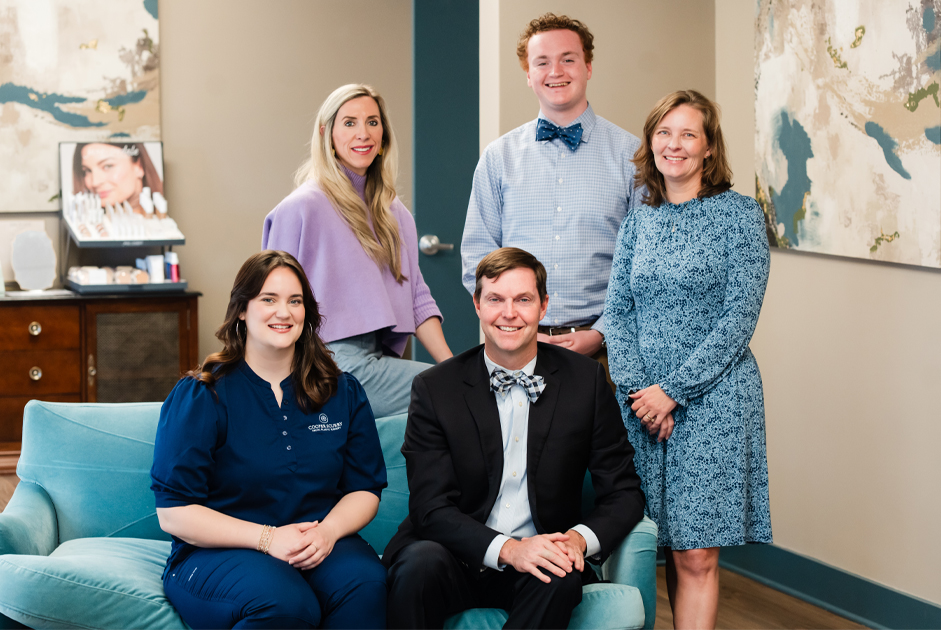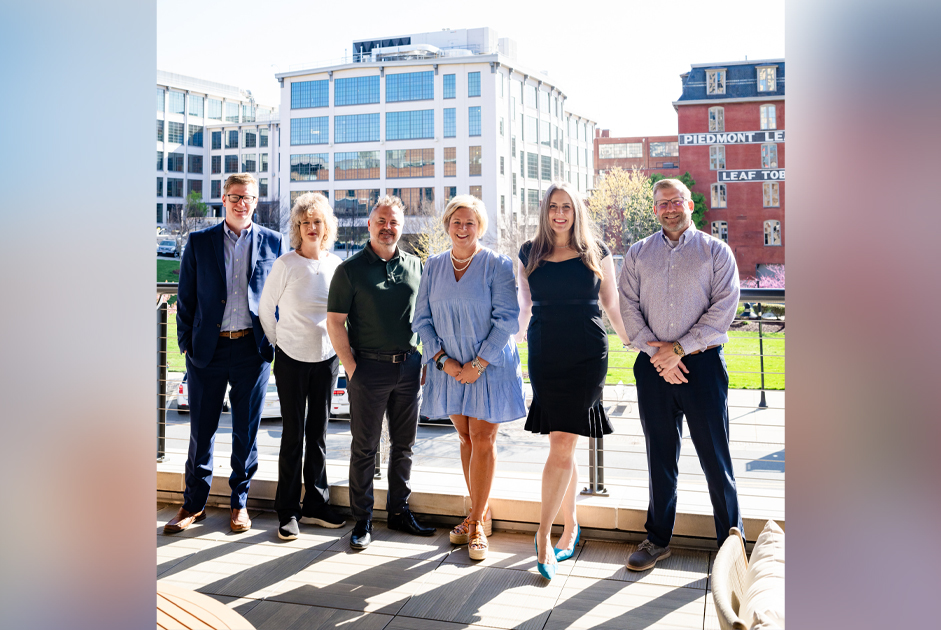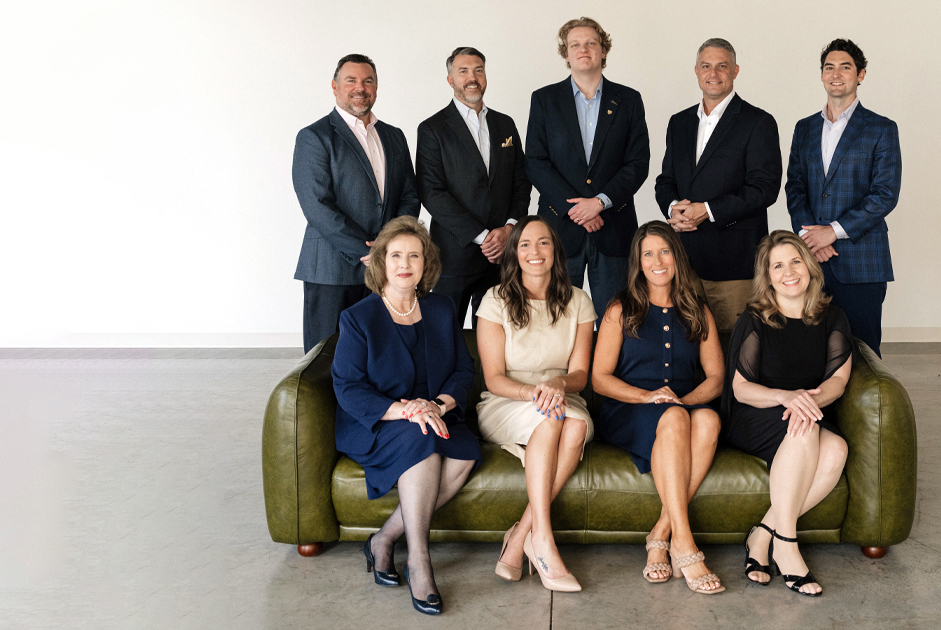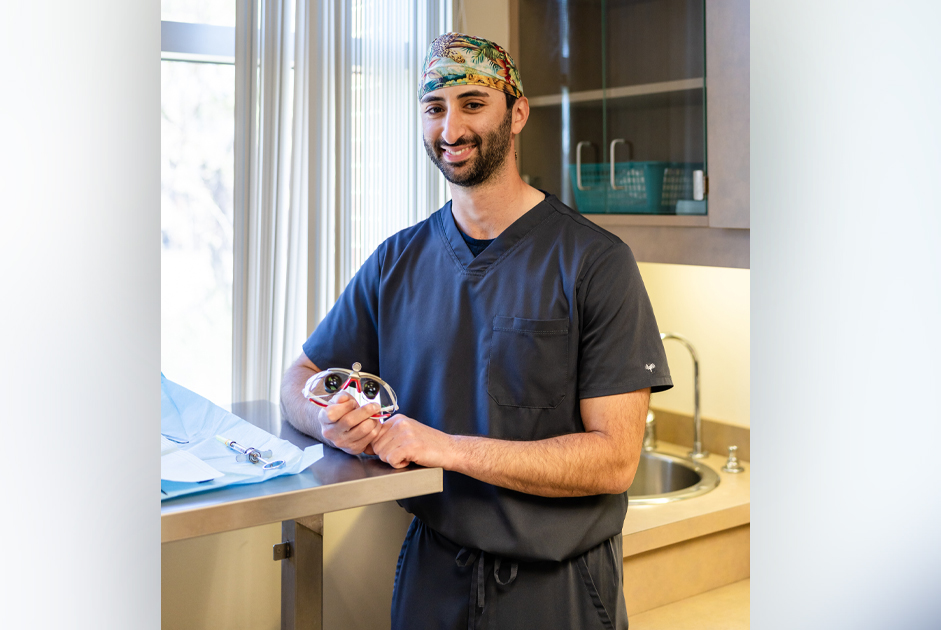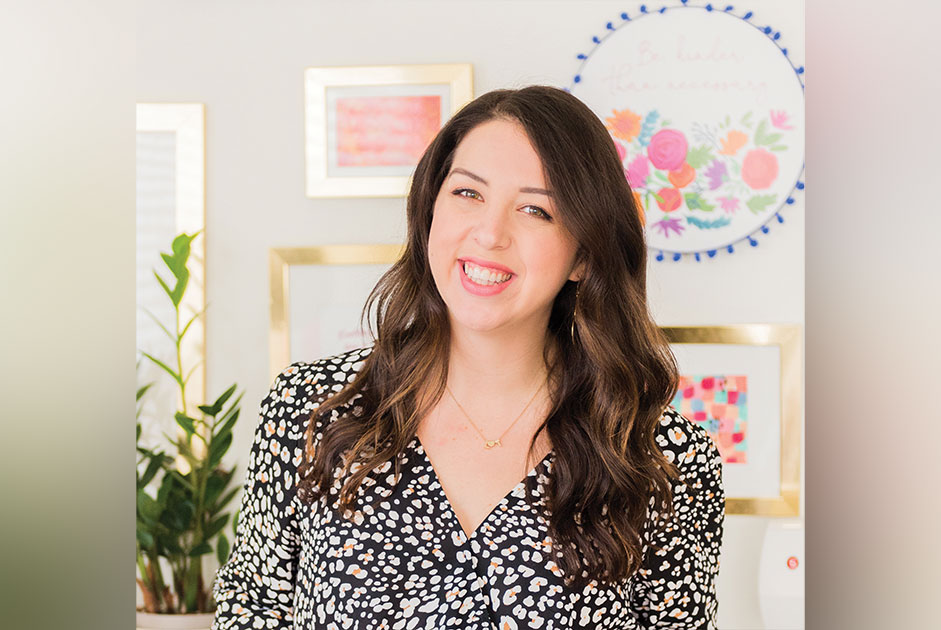I grew up with a best friend whose parents were a Hollywood soap opera actress and an ear, nose and throat surgeon. It was rumored that they were richer than God and that their enormous mansion in Beverly Hills and string of Rolls Royce cars placed them in the crème-de-la-crème of movie star royalty. But, I also knew that they were miserably unhappy and made their children so and that screaming and fighting with each other was a daily occurrence. As a line from a current country western song says clearly “happiness don’t live in bigger houses.” The three kids all left the home by the age of 18 and remained estranged from their mom and pop for the entirety of their lives.
Several years ago, I made a choice to re-invent my happiness wheel which was flat and shot through with holes. I had a great partner, job, money in the bank and the trappings of success but was suffering from severe clinical depression. A colleague told me about the Harvard Happiness Class she had taken and how it had completely changed the emotional architecture of her life in a wonderful way. That was motivation enough for me. Taught by Harvard Professor Arthur Brooks, a PhD social scientist and bestselling author, he provides happiness training to individuals and entities using actionable strategies so that one’s best life can be lived. At the age of 55, he writes that he wasn’t “a very happy person and he wanted to understand why.” After a lot of study and research, he made the decision to devote his life to the study of happiness and famously averred “What I’m going to do for the rest of my life is lift people up and bring them together in bonds of happiness and love using science and ideas.” Following are some of his concepts which have markedly changed the trajectory of my own life and set me solidly on my own path of personal happiness.
- You are responsible for your own happiness. Your life is your enterprise, and you are the founder, CEO and curator of it.
- Brooks advocates for building happiness through four pillars: faith, family, friendship and meaningful work. Possessing a sense of transcendence or thinking about something bigger than everyday life is critical, but faith need not be tied to any traditional religion or even lack of one. Focusing on strong family and friend relationships is key. Interconnectivity creates substantial happiness. He argues that the idea of dependence is a strong American value as opposed to the idea of interdependence which is perceived generally as being a weakness when the latter quality in fact militates against isolation and loneliness – epidemic in our current society. As the Swedish proverb says, “happiness shared is happiness doubled.” For Professor Brooks, happiness has been in decline for at least three decades because the four habits of happiness (the “pillars”) have been eroded, not least in part through the impersonalization of connecting through social media and its artifacts (cell phones, the internet, etc.) Make happiness your goal. As for the happiness habit of meaningful work, find employment which serves others and provides a sense of purpose – rather than solely focusing on the acquisition of money, power, pleasure or fame.
- Happy people have three things in common: enjoyment, satisfaction and meaning. They intuitively understand that achievement, status and recognition are merely proxies for what we truly desire: happiness. Genuine happiness is not measured by the trappings of apparent successes. As he points out, happiness is a direction – not a destination. Make sure your cup is filled to the brim with all three.
- Stop comparing yourself to others – focus on what you have rather than what you lack. That is clearly a road to misery. By the same token, Brooks emphasizes NOT wasting “your suffering.” He tells his graduate students at Harvard to keep a “failure and disappointment list.” The protocol is to write down what ails you, come back a month later and think about what you learned from those failures and disappointments. Then, three months later, write “a good thing that happened because of that loss.”
- Ask yourself “Why am I alive and for what would I be happily willing to die today?” That question admittedly caught me up short, but it led to my own particular epiphany and answer of making sure working as a writer was my most precious and desired objective.
The 11th century Persian poet Omar Khayyam said: “Be happy for this moment. This moment is your life.” Professor Brooks and I both say “amen” to that.



